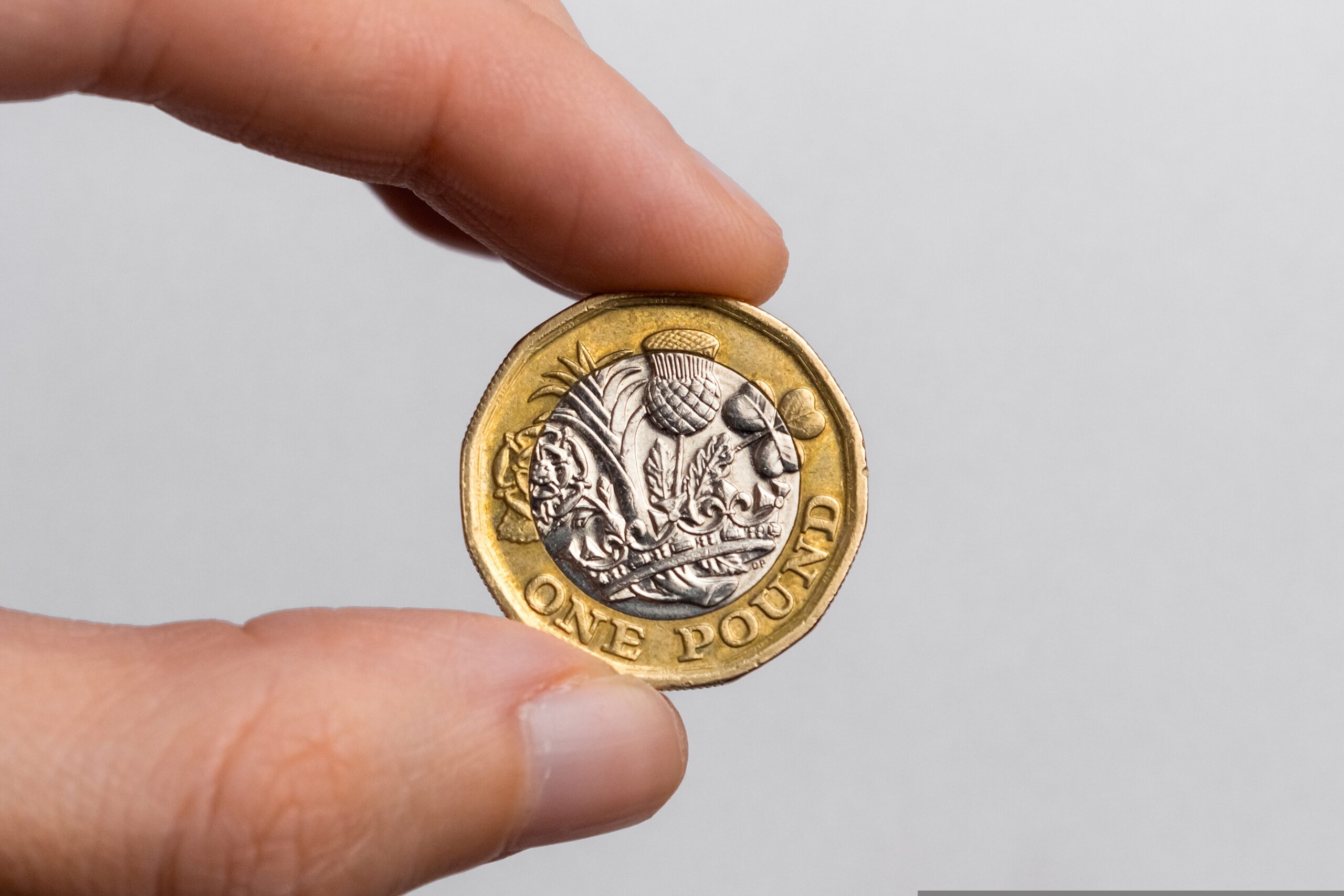The pound slid to an all-time low against the dollar amid worries about the direction of the Government’s economic policy, following the much-derided mini-budget from the now ex-Chancellor of the Exchequer, Kwasi Kwarteng. Although the political situation has swiftly moved, the longer-term effects of a government prepared to unveil deep unfunded tax cuts with no independent checks by the Office for Budget Responsibility (OBR) will linger.
The pound has continued to come under pressure despite significant intervention in the markets by the Bank of England, which was forced to start buying bonds again to calm volatility. Criticism of the approach from the International Monetary Fund (IMF) simply fuelled the crisis.
The tax cuts proposed were going to have been the steepest cuts in over 50 years and there was nervousness because they were unfunded, meaning that the Government would have been forced to borrow more from international lenders. There were also concerns that the tax cuts would have been inflationary as they were designed to give people more money to spend on goods and services,. As a quarter of Government debt is inflation linked it would have meant higher borrowing costs, which would have created a burden for many years to come. This led to gilt yields rising sharply as investors demanded higher rates of interest because of the increased risk involved in lending to the UK. Sterling not only lost value against the dollar, but also against a basket of other currencies, meaning that if you travelled abroad then your money would not stretch as far.
A weaker pound makes inflation worse because of the increased costs of dollar-priced imports, such as petrol, industrial components, electrical devices and even food ingredients. Higher inflation means that the Bank of England will be forced to raise interest rates more steeply and quickly, increasing the cost of borrowing for businesses and consumers. There are now expectations that interest rates could reach as much as 6% by the middle of next year.
Usually, higher interest rates would boost Sterling, but events over the past few years have shown that economic expectations cannot be relied upon. The price of Sterling is also dependent on the strength of the Dollar, which has been bolstered by the flight into safe haven assets as economies around the world slow down.
The impact on investments depends on what you hold and where the underlying companies make their money. The FTSE-100 Index, for example, tends to benefit from a weak pound because most of the big companies listed in London earn most of their money overseas, which is worth more when converted back into Sterling. However, concerns about slowing growth are also affecting the prospects of some multinationals, so the effect of the weak pound on the index might not be so clear cut.
Many businesses that make money in the UK will face challenges. Retailers and other businesses, who buy goods in from overseas, face rising costs, due to higher import prices. They can try to pass the higher costs of imported goods on to consumers or they can try and cut operating costs, but the speed with which sterling has fallen could throw up more problems. This is why the more domestically focused FTSE 250 is likely to be more sensitive to a weaker pound.
If you would like to have a review of your investments, then please contact us and one of our expert Wealth Strategists will be able to help you.
























































